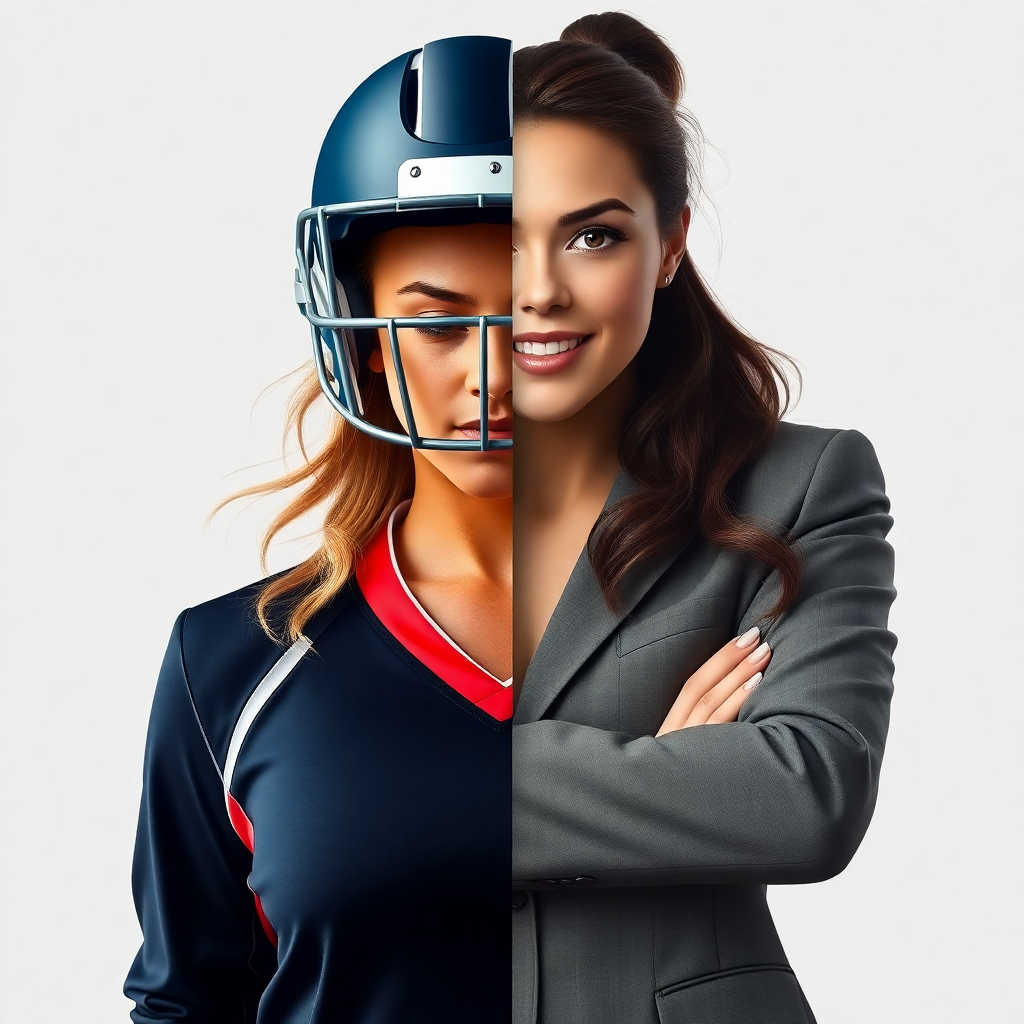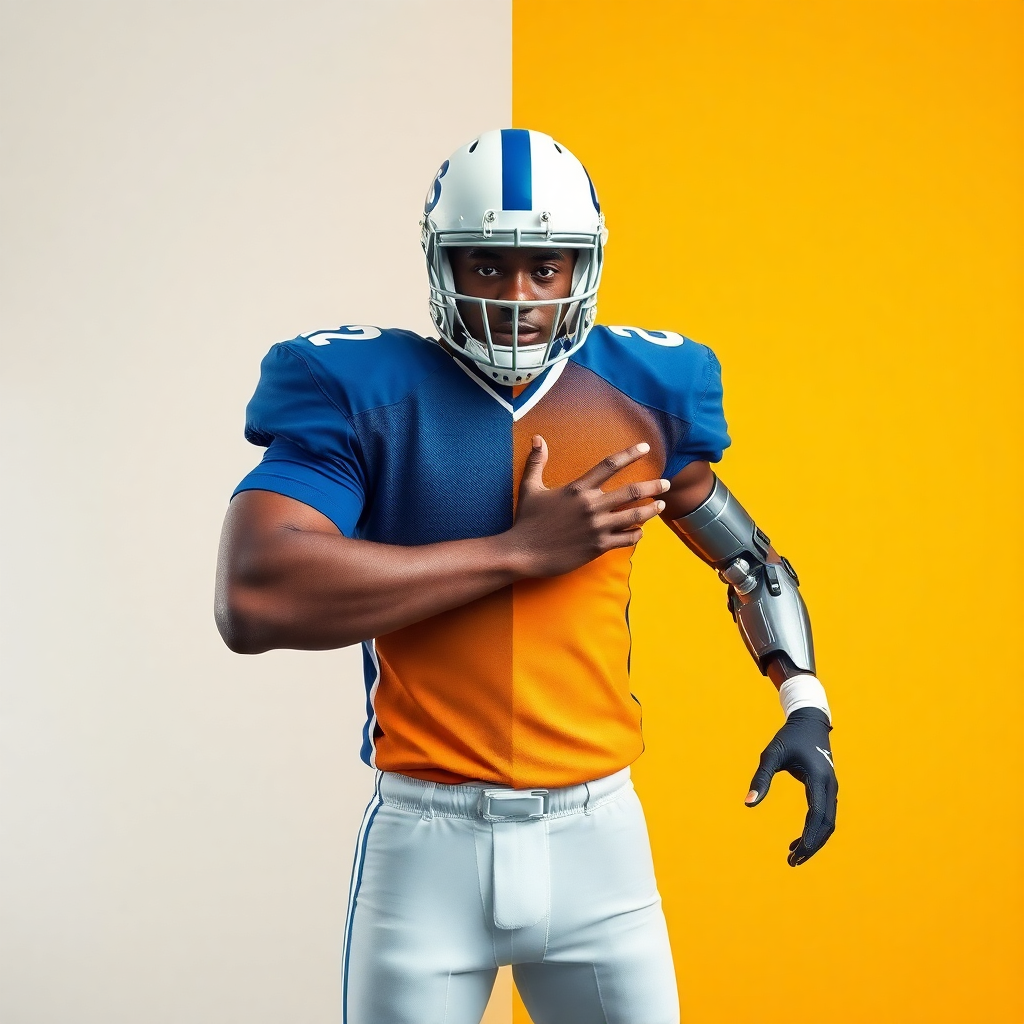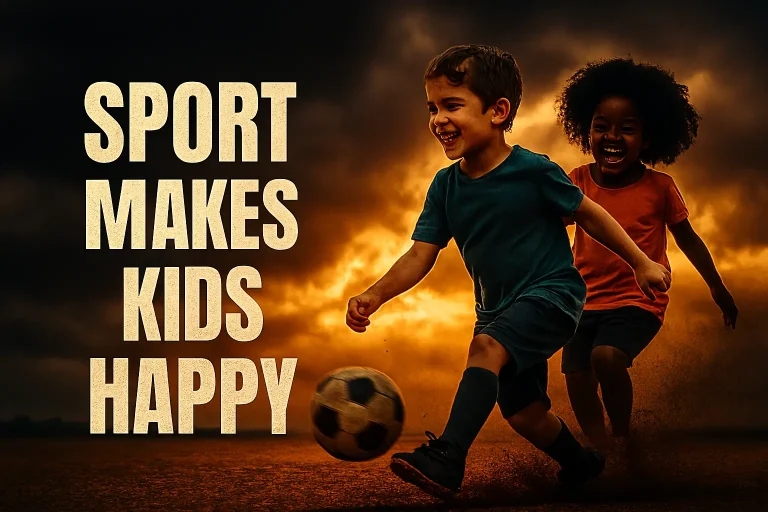The Reality Of Professional Sports And Is It Privilege Job
Professional Sports A Privilege or a Job?
Understanding Its Role in Society
Playing sports professionally is a dream for many athletes, but is it simply a job, or is it a privilege? While professional athletes dedicate years to training, competition, and discipline, the way society perceives their careers often differs from other professions. Some see sports as entertainment, while others recognize the intense physical and mental demands required to succeed at the highest levels.

The Dual Nature of Professional Sports
A Career Built on Dedication
Becoming a professional athlete requires commitment, discipline, and perseverance. Athletes train for years, often sacrificing social lives and personal comfort to compete at elite levels. Their careers are highly demanding—physically, mentally, and emotionally—making sports more than just a passion but a serious profession.
The Privilege of Playing at the Highest Level
While professional sports require hard work, it is also seen as a privilege. Many athletes enjoy high salaries, global recognition, and the ability to make a living from something they love. Compared to traditional jobs, professional sports offer unique opportunities for fame, sponsorship deals, and national representation.
How Society Views Professional Athletes
Role Models and National Icons
Athletes often serve as inspirations for young people, symbolizing hard work and achievement. Some become national heroes, particularly when they compete on global stages like the Olympics or World Cup. Their influence extends beyond sports into politics, activism, and social change.
Entertainment vs. Respect for the Profession
While fans admire athletes, professional sports are sometimes seen purely as entertainment rather than a serious profession. Unlike fields such as medicine, law, or engineering, sports may be undervalued in terms of their physical and psychological challenges, particularly when athletes face injuries or early retirement.

The Economic and Social Impact of Sports Careers
The Financial Reality of Professional Sports
While top athletes earn millions, most struggle with financial instability. Many careers in professional sports are short-lived, and without long-term financial planning, athletes may face difficulties after retirement. Sports organizations and governments have begun addressing this issue through post-career development programs.
Community Influence and Local Representation
Athletes often give back to their communities through charity work, mentorship, and advocacy. Whether supporting youth sports programs or promoting inclusivity, many professional athletes use their platforms to create positive change beyond competition.
Gender Differences in Professional Sports
Challenges Faced by Female Athletes
Women in professional sports often face lower salaries, less media coverage, and fewer sponsorship opportunities compared to male athletes. Despite these obstacles, female athletes continue to make strides, pushing for equal pay, recognition, and representation across different sports.
Progress in Women’s Sports
The growth of women’s leagues and competitions has led to more recognition for female athletes. Events such as the FIFA Women’s World Cup and WNBA showcase women’s athleticism and dedication, proving that professional sports are just as serious for female athletes as they are for men.

The Experience of Disabled Athletes in Professional Sports
Overcoming Barriers to Competition
Disabled athletes face additional challenges, including accessibility issues, lack of funding, and limited opportunities. Despite these hurdles, adaptive sports such as the Paralympics and wheelchair basketball have gained significant recognition worldwide.
Breaking Stereotypes and Achieving Excellence
Disabled athletes prove that professional sports are for everyone, demonstrating extraordinary resilience and ability. Their achievements push boundaries and challenge perceptions, showing that sports careers extend beyond traditional expectations.
The Psychological Pressure of Professional Sports
Mental Resilience in a High-Stakes Career
Athletes face immense pressure to perform, often carrying the weight of expectations from fans, sponsors, and coaches. Developing mental toughness is just as important as physical training, as athletes must manage stress, anxiety, and performance-related pressures.
Coping with Setbacks and Injuries
Setbacks are inevitable in professional sports, whether in the form of injuries, losses, or unexpected challenges. Athletes must learn how to navigate these obstacles without losing confidence or motivation, often relying on sports psychologists and support teams.
How National Pride Influences Athletes’ Careers
Representing a Nation on the Global Stage
For many athletes, competing internationally is a major career milestone. Representing one’s country comes with immense pride, but also pressure to uphold national expectations and perform at the highest level.
How Countries Support Professional Athletes
Different nations vary in their support for professional athletes. Some invest heavily in training facilities, coaching, and athlete welfare, while others struggle to provide adequate resources for their sporting professionals.
The Role of Media in Shaping Perceptions of Professional Athletes
The Double-Edged Sword of Fame
While media coverage helps athletes build their careers, it also exposes them to public scrutiny. Social media and news outlets amplify successes but also magnify failures, often affecting an athlete’s mental health and public reputation.
Media Bias in Male vs. Female Sports Coverage
Male athletes receive significantly more media attention than female athletes, impacting sponsorship deals, career opportunities, and general public recognition. The push for more inclusive sports coverage is an ongoing battle in the professional sports world.

The Future of Professional Sports and Equal Opportunities
Creating More Inclusive Sporting Opportunities
The sports industry is gradually evolving, with efforts to ensure equal opportunities across gender, disability, and socio-economic backgrounds. Initiatives such as pay equity, accessible sports facilities, and increased funding for underrepresented groups are shaping the future of professional athletics.
Technology and Innovation in Sports Training
Advancements in sports science, analytics, and wearable technology are revolutionizing training methods, allowing athletes to optimize performance and extend careers. Technology-driven insights enable teams and individuals to minimize injury risks and enhance competitive edge.
Conclusion
Playing sports professionally is both a privilege and a job. While athletes work tirelessly to succeed, their careers also come with unique opportunities that few professions offer. The perception of professional sports varies—some see it as entertainment, while others recognize the skill, dedication, and influence athletes have in society. Across genders and abilities, challenges remain, but professional sports continue to evolve toward a more inclusive and respected field.
Join the Conversation!
Do you see professional sports as a job or a privilege?







5 Comments
Comments are closed.